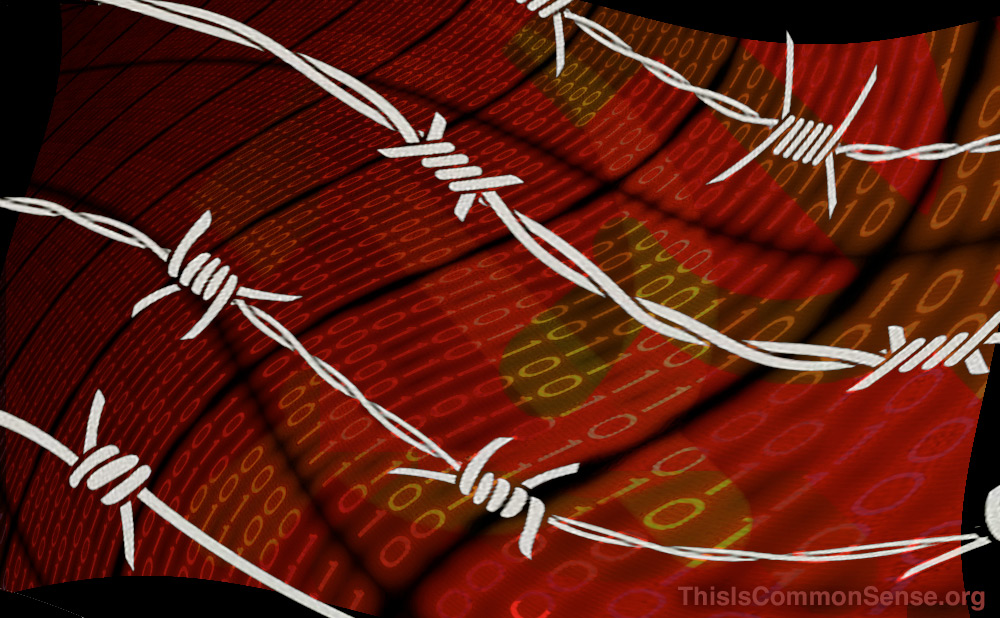In all the talk of the “stolen election” of 2020, perhaps too much has been made of accusations of specific and vague acts of vote fraud, and not enough of the chief dirty trick: The suppression of the news about the Hunter Biden laptop, a story about Biden Family corruption that was banned from Twitter and more subtly underplayed algorithmically by other Internet services.
Deleting this one cache of information from voters made a huge election difference.
Then, in the inglorious post-election debacle, a sitting president of the United States was removed from the Twitter platform.
It was, in a sense, a coup d’media.
In a democracy, freedom of the press and independence of the press is crucial. The fact that Twitter had been captured by partisans, and that the “social media platform” became a sub rosa partisan political media platform was an epochal shift.
But when Elon Musk took over, changes started happening. And chaos ensued.
What was not chaotic, though, was the reinstatement of @RealDonaldJTrump to the platform.
Musk took an informal Twitter poll, and reinstated the former president.
There has of course been much wailing and gnashing of teeth since then, but, also since then, another poll by Mr. Musk: “Should Twitter offer a general amnesty to suspended accounts, provided they have not broken the law or engaged in egregious spam?”
The result was a 74.4 percent YES plebiscite.
“The people have spoken,” tweeted the current Twitterer-in-Chief, Mr. Musk. (Trump not having resumed his activity on the platform, still limited his e‑bursts to Truth Social). Amnesty begins next week.”
And then: “Vox Populi, Vox Dei,” just for a classic touch.
That Latin phrase translates as “The voice of the people is the voice of God.” It is not. I want a Twitter with the freedom to speak, for myself and others, not determined democratically, but by right — as customers.
That’s the way to ensure people have access to information.
This is Common Sense. I’m Paul Jacob.
—
See all recent commentary
(simplified and organized)





